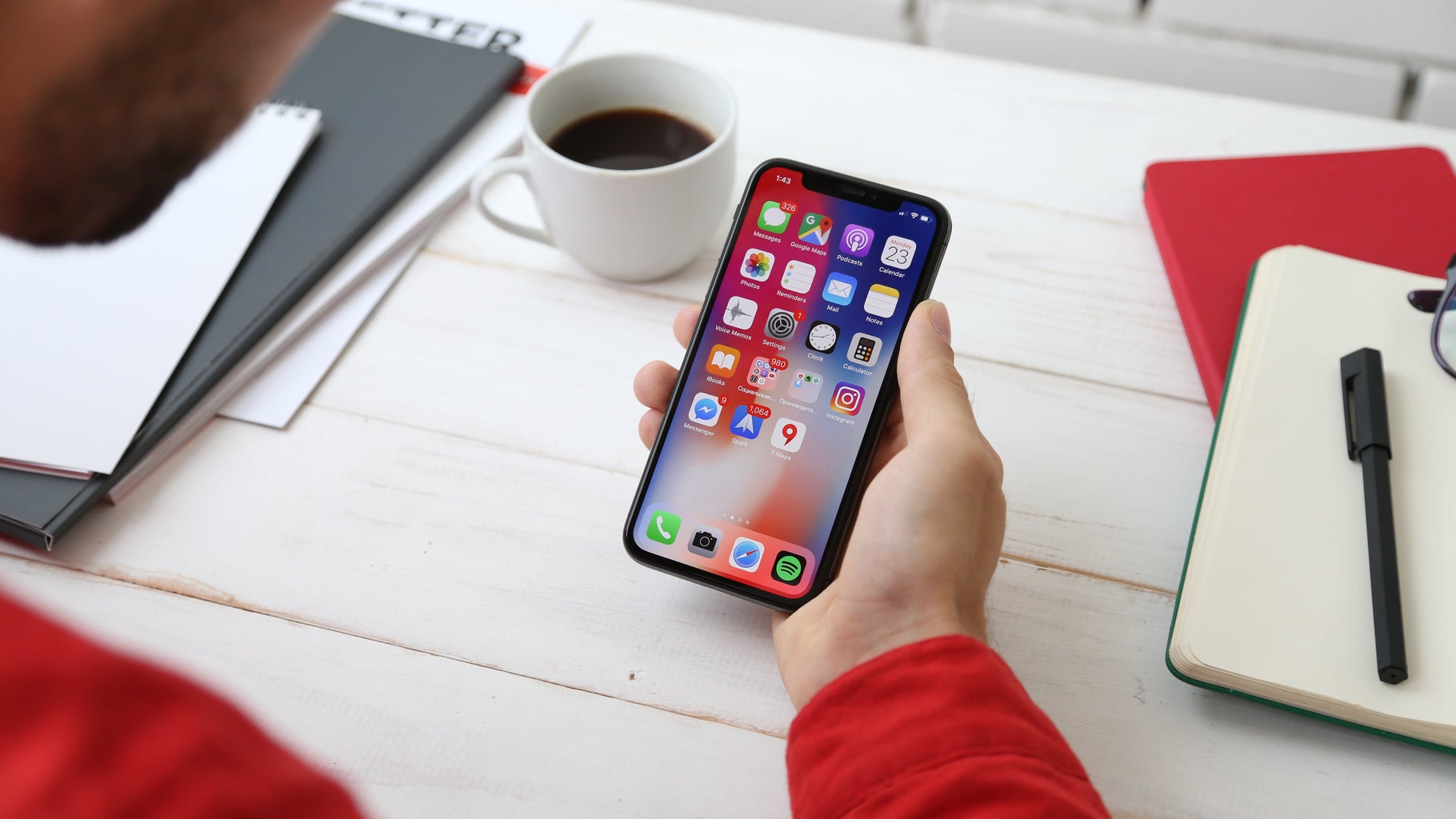When I mentioned to my roommate that I would be writing this article she snickered as if to say: who are you to be giving advice about time management? I may be an “organized mess” at times, but I would like to refute this by saying: who better to give advice than someone who has experience with mismanagement?
I like to believe that from the outside I seem well balanced and proficient at navigating a thoroughly scattered brain, but judging from my roommate’s contempt this may only be true if you don’t live with me. Time management has always been more laborious for me than most. The issue has never been if I will get a task done; it has been what, where, and how do I start? I am sure that plenty of people, especially college students, can relate to this feeling. We get so overwhelmed with the amount of tasks that need to be done that we end up procrastinating because we don’t know where to start. When it comes to feeling overwhelmed, procrastination can become your worst enemy. Sometimes just looking at or thinking about everything I have to do causes a visceral recoil of my brain, leading me into the temptations of literally anything else.
If this sounds anything like you, I have compiled a list of tips that have actually worked for me to improve my time management skills since starting college:
1. Use an e-calendar
I’ve attempted to use a paper planner in the past, and I did use it, but only a handful of times. I found myself writing in my planner periodically before I would forget it at home and never look at it again. I love Google Calendar because I always have my phone or laptop on me. It’s always at the tip of my fingers— it notifies me 15 minutes before an event, I can set aside focus time, I can share calendars with other people, and I can add tasks. Having everything in one place and with me all the time helps me visualize and plan my time more effectively.
2. set reminders
Now that you have everything in your calendar, it is really important to set reminders or notifications to stay on track. Knowing your deadlines is important, but having a deadline sitting in your calendar isn’t effective if you don’t have a plan for meeting those deadlines. Reminders can help you accomplish those mini-tasks involved in meeting larger deadlines such as studying for the five days leading up to an exam, creating a first draft of an essay, or meeting for a group project.
3. time blocks
Blocking out time on your calendar for one task can help you stay focused. Some days I don’t know what tasks to start with, so instead of choosing one and committing to it, I could go back and forth just thinking about what to do first. Blocking out time for a specific task helps me commit to it and complete it. This can also help you form habits. Something I recommend doing is blocking out 15 minutes each morning and night to clean up, and blocking out 20 minutes a day to go through texts and emails.
4. practice productive procrastination
This is my favorite tip of all time! When I have large tasks like an essay or an exam to study for I can get overwhelmed. But instead of procrastinating by mindlessly scrolling through TikTok, I do smaller more mundane tasks and/or enjoyable tasks to gain momentum. This could be something like going to the gym, going grocery shopping, cleaning your desk, or sending emails.
5. make time for you
Time management is not just about getting work done; it’s about balancing all of the aspects of your life within the given time constraints. For those who are easily overwhelmed when stressed for time, making time to unwind can keep you feeling refreshed. When you focus on your peace of mind you are able to give more of yourself to your work.
These tricks have been proven to work for me, but it can be easy to slip into old habits at times, so remember to be patient with yourself while implementing these habits. Having a realistic and flexible approach will help you stay on track, so don’t put too much pressure on yourself to be perfect. You can’t do everything all at once, so be realistic about how much you can get done in the day. Time management is going to look different for everyone and finding what works for you might not come quickly, but improvement is all that matters.





